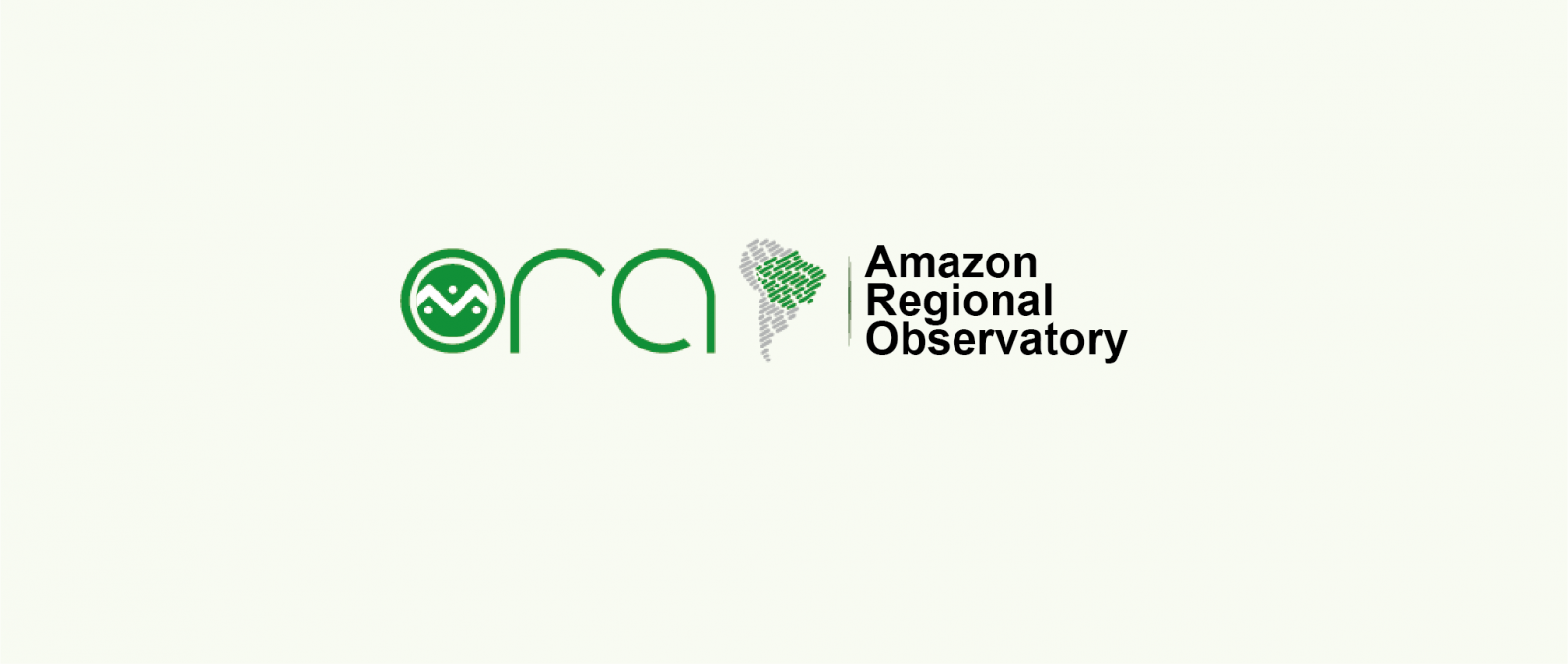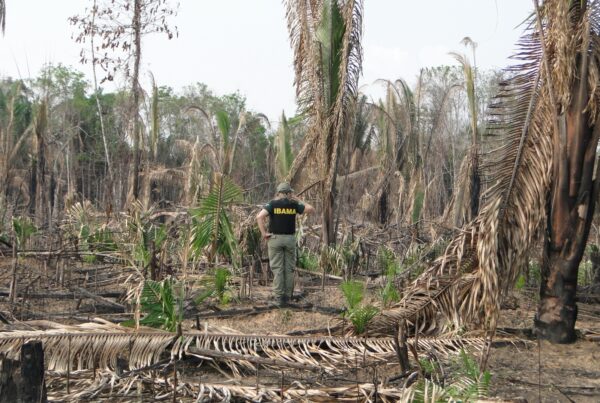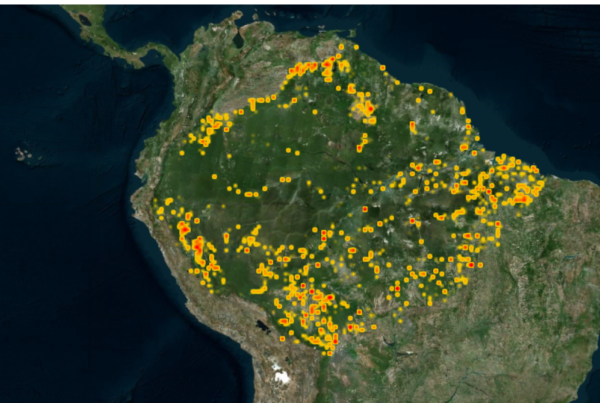Providing an information platform on the Amazon is one of the primary objectives of the Amazon Cooperation Treaty Organization
The process of selecting and contracting companies to develop the Amazon Regional Observatory (ARO) was completed in December 2020 and activities are already underway.
Two companies were selected. The first – INGENIOSIG Cía. Ltda. from Ecuador – is responsible for the development and implementation of the ARO and publication through the ACTO website, with its different modules operable with their functionalities, including the collection, interoperability and loading of pre-existing information and available from official sources of the ACTO Member Countries and also from other sources. The company IQUITOS PLAY SRL, from Peru, is responsible for developing and putting into operation the thematic module CITES with all its functionalities, and publishing on the Observatory.
Both works are part of the activities of Component 1 – National and regional information and knowledge management systems – of the Bioamazon Project. This component aims to improve and balance the level of information and knowledge management by supporting and strengthening the information systems on Biodiversity and CITES of ACTO Member Countries, as well as information management by the ACTO Permanent Secretariat.
Context
ACTO Member Countries have been generating qualitative and quantitative information in different areas (forests, water resources, species of flora and fauna threatened with extinction, among others); however, this information has not yet been articulated and made available regionally. Thus, the implementation of the Amazon Regional Observatory has been prioritized by PS/ACTO as a space for articulation in different areas of information in the Amazonian countries.
The forecast is that the final products of the consultancies will be completed by the end of July 2021.
Published on Bioamazon Newsletter, issue n. 7, January-February 2021.



